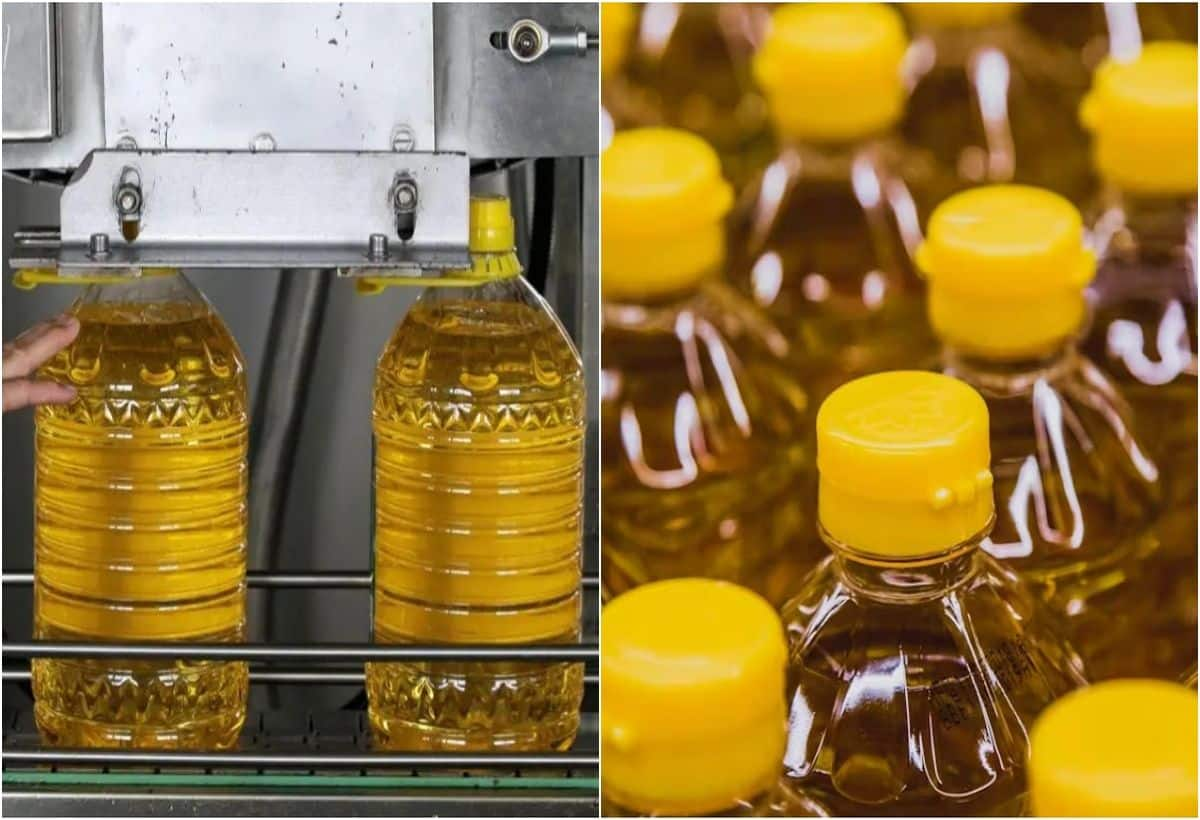Starting an oil mill business can be a lucrative venture, especially in a market where the demand for edible oils is consistently high. Whether in urban or rural areas, there is a continuous need for cooking oils, making this business idea appealing. With advancements in technology, small oil expeller machines require minimal space and investment, making it feasible for aspiring entrepreneurs to enter the food production industry.
Overview of the Oil Mill Business
The oil mill business primarily revolves around the extraction of edible oils from seeds such as mustard, sunflower, and groundnut. The process involves the use of oil expeller machines which can efficiently extract oil with less hassle and smaller spaces. These compact machines have transformed the oil extraction process, making it easier for anyone to start this business with limited resources.
Benefits of Starting an Oil Mill Business
- Low Initial Investment: With the availability of smaller oil expeller machines, the barrier to entry has significantly lowered. Entrepreneurs can start their oil mill business with a modest investment compared to traditional methods.
- High Demand: The demand for cooking oil is ever-present. Families and restaurants require large quantities of edible oils, and a local oil mill can cater to this need effectively.
- Flexibility in Location: Whether in a bustling city or a quiet countryside, the oil mill business can thrive. The smaller machinery requires less installation space, making it an excellent opportunity for businesses in diverse locales.
Setting Up Your Oil Mill
To successfully set up an oil mill, follow these essential steps:
1. Market Research
Conduct thorough market research to understand the demand for different types of cooking oils in your area. Identify the preferences of potential customers and analyze your competition.
2. Choosing the Right Equipment
Select oil expeller machines that fit your production capacity and space constraints. Consider factors such as energy efficiency and maintenance costs while making your decision.
3. Sourcing Raw Materials
Establish relationships with reliable suppliers for oil seeds. Consistently sourcing high-quality raw materials will ensure the production of premium edible oils, which can help build your brand reputation.
4. Legal Compliance
Register your business and acquire the necessary licenses and permits. Compliance with local food safety regulations is crucial for establishing credibility and trust with consumers.
5. Marketing Your Products
Develop effective marketing strategies to promote your oil mill. Utilize social media, local advertising, and collaborations with grocery stores and restaurants to reach your target audience.
Conclusion
The oil mill business presents an excellent opportunity for entrepreneurs looking to venture into the food processing industry. With the right planning, equipment, and marketing strategies, one can successfully navigate this thriving market. Embrace this business idea that not only serves a vital need but also promises significant returns on investment.
